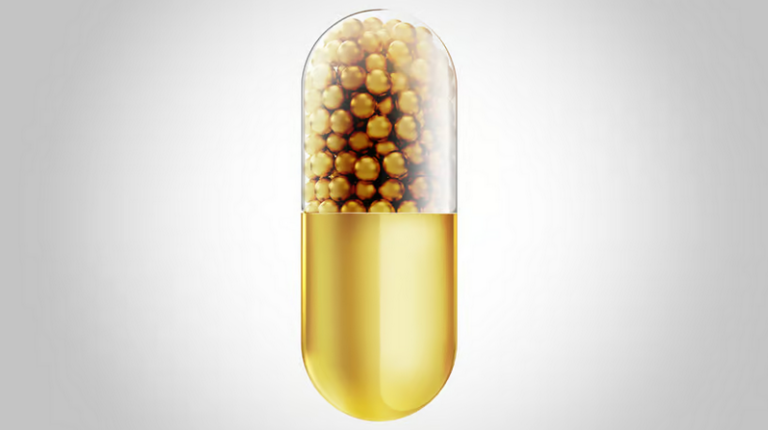There’s no underselling the role antibiotics has had on our lives; when widespread use of penicillin ushered in the ‘golden age’ of antibiotics after World War II, and discovery of many new antibiotics, the infectious diseases that used to be massive killers seemed a thing of the past. Prior to the 20th century, the average life expectancy in the US was 47. As of 2021, it was 76.4.
However, given that bacteria is the oldest form of life on earth, it’s no surprise it’s been able to fight back. Helping this is its dazzling ability to reproduce, meaning that any microbes that evolve to be resistant to drugs can quickly dominate a population, rendering the antibiotic ineffective.
IMF for Greece: Primary surplus & stable reduction of debt
The latest promising research on fighting these stubborn, smart superbugs is, quite simply, gold. Presenting their novel research in Copenhagen this week, researchers from the Barcelona Institute for Global Health found very promising results when they lined up 19 gold compounds against several types of multidrug-resistant bacteria isolated from patients.
Read more: New Atlas
Ask me anything
Explore related questions





